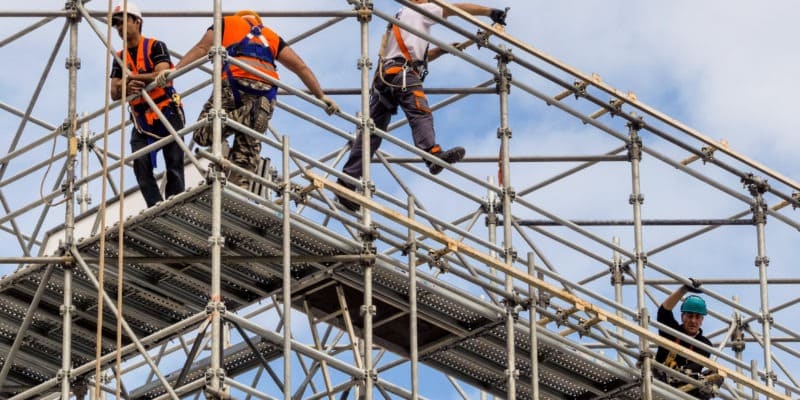Matt Hinkel, Michigan State University, Dale Belman, Ph.D., Michigan State University (ICERES, Institute for Construction Economic Research)
A current policy debate surrounding state prevailing wage laws is centered on whether they are costly to state governments and taxpayers. The authors contribute to this debate by extending and utilizing data from a 2017 prevailing wage study to replicate and investigate a controversial paper often cited in this debate. The authors examine the relationship between California’s prevailing wage law and the costs of building affordable housing, and they do so by going beyond the 2017 study’s estimates and estimating a carefully-constructed two-stage model. The authors find no causal effect of prevailing wages on affordable housing construction costs, contradicting previous literature. Further, in a supplemental analysis, the authors examine and highlight key methodological deficiencies present in a prior study. This timely research is designed to contribute to the current prevailing wage debate, which has important implications for researchers, practitioners, and legislators.










